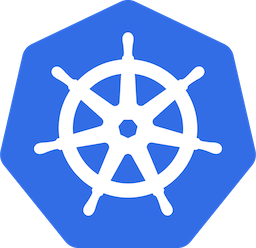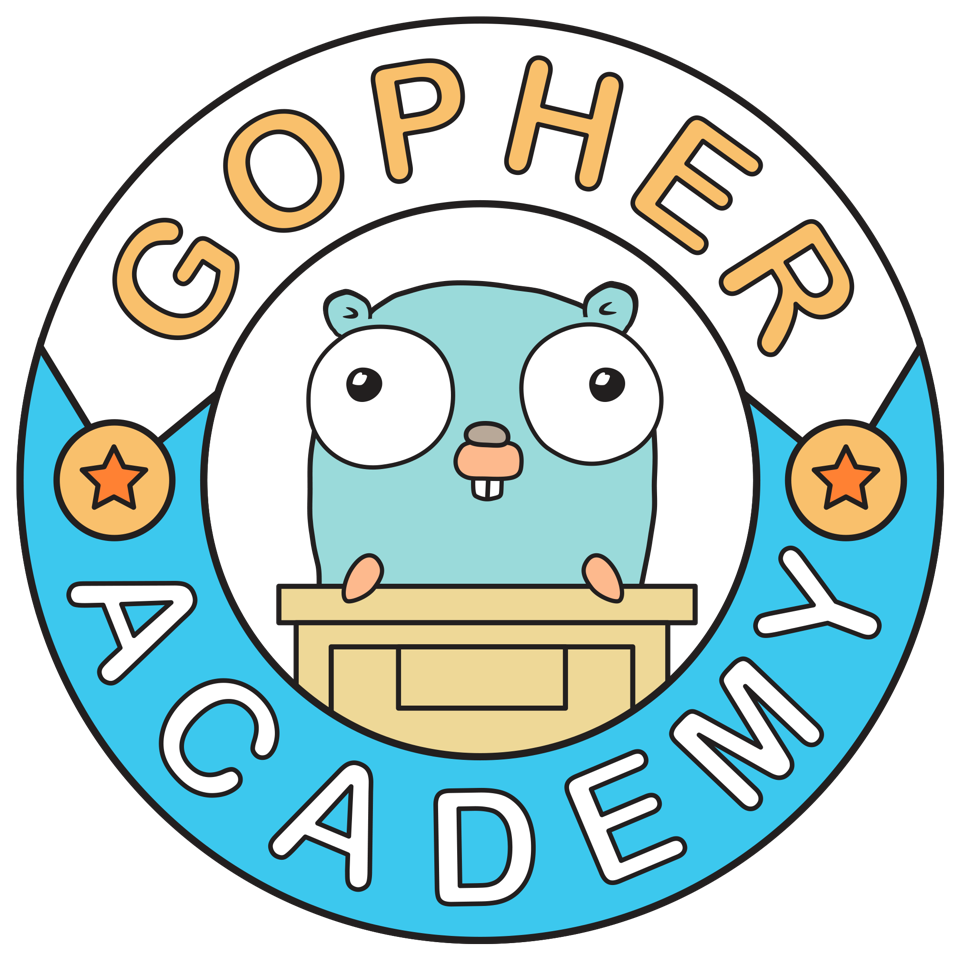Kubernetes + Go = Crazy Delicious
What is Kubernetes? And what kind of name is that?
 Kubernetes is a container cluster management system.
Modeled after Google’s internal systems, Kubernetes (or k8s for short) allows
users to schedule the running of Docker containers over a cluster of machines.
It is a toolset for starting, tracking and finding what work you have running
and where it is running.
Kubernetes is a container cluster management system.
Modeled after Google’s internal systems, Kubernetes (or k8s for short) allows
users to schedule the running of Docker containers over a cluster of machines.
It is a toolset for starting, tracking and finding what work you have running
and where it is running.
In fact, Kubernetes has been off to such a great start, we’ve created an official Google Cloud Platform product powered by Kubernetes: Google Container Engine. The speed that we’ve been able to do this is in no small part due Go and its community.
Honestly, the name is the best we could get through the Google trademark lawyers. It also is ancient greek for “helmsman or pilot of a ship”. As Kubernetes part of the Docker ecosystem we find this name fitting.
Go is Goldilocks for systems software
Kubernetes is an all new code base. While it is heavily influenced by systems we have been developing and running for a long time (10+ years) at Google, we started with a blank slate. As we made this decision, Go was the only logical choice.
We considered writing Kubernetes in the other main languages that we use at Google: C/C++, Java and Python. While each of these languages has its upsides, none of them hits the sweet spot like Go.
Go is neither too high level nor too low level.
C/C++ is great. We love C and C++. Much of the similar software at Google is written in C or C++. Many of the main Kubernetes developers grew up professionally and feel most at home with it. However, we wanted to ensure that we had a vibrant community of contributors and a set of standard and extended libraries that were easy to install and access. C/C++ can be a little daunting for more casual users.
Java is great. We love Java. Java has a great tool situation with some amazing IDEs. Refactoring stuff in Java is a breeze. But we wanted to make it easy to install on a wide variety of platforms. The heavy runtime download and install for Java made it less attractive along this dimension.
Python is great. We love Python. It is so easy to get something up and running quickly with Python. But the dynamic typing of Python presents challenges for system software. Strong typing eliminates a whole class of errors and lets us concentrate on building the system we wanted.
A lot to love
As many of us were new to Go, we found a lot to love.
- Great Libraries. There are a great set of system libraries that come out of the box with Go. In addition, there exist high quality libraries for pretty much every thing we needed.
- Fast tools. Building and testing is fast. We are getting addicted to the speed of development.
- A KISS culture. Code in Go isn’t overly complex. People don’t create FactoryFactory objects. Tracing through the code for the part of the system you are interested in is usually pretty easy.
- Cool extended tools. We love gofmt, easy code coverage, race detection coverage and go vet.
- Built in concurrency. Building distributed systems in Go is helped tremendously by being able to fan out and collect network calls easily.
- Anonymous functions. Something with the feel of C with more advanced features like anonymous functions is a great combo.
- Garbage Collection. We all know how to clean up after our selves but it is so nice to not have to worry about it.
- Type safety. Any time you are parsing untrusted bits of the internet, having a language that protects you from many simple buffer overflow bugs is a huge step up.
Upward and Onward
As the project and the team has grown—both within Google proper and with great partners like RedHat—Go has scaled with us. We’ve been able to make great progress by relying on all of the qualities above. The patterns and tools in Go have encouraged us to make well factored and reusable code that will give us a great degree of flexibility and velocity.
The Kubernetes team is having a blast bringing Google’s ideas around cluster management to a wider audience. Building and supporting an open source project and community has led to a more diverse set of “co-workers” with more diverse points of view and has resulted in a stronger product. I’m excited to see where Go and Kubernetes can go together.
